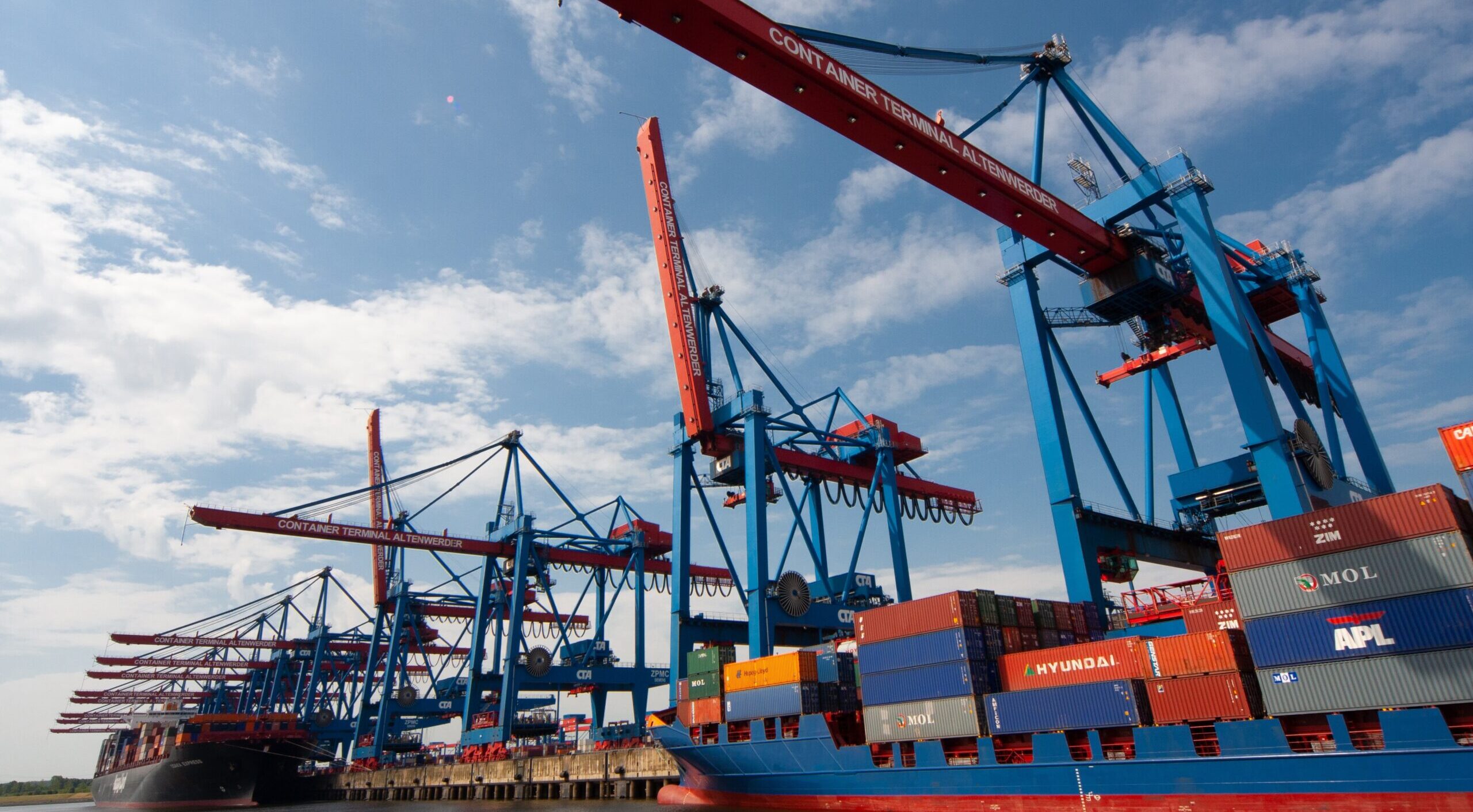Navigating Diversity: The Route to Inclusivity in Supply Chain Careers
Scroll to find out more
Scroll to find out more

Supply chains are facing more pressures to evolve than ever before, from new technology to regulations and sustainability concerns. Coming alongside a backdrop of intense commercial challenges, with firms under profit pressure and facing uncertain demand, it’s notable that concerns around the ethical and impact side of supply chains have remained at the fore.
In an uncertain market, one might have assumed that leaders would revert to existing comfort zones, relationships and habit-based HR hiring and promotion practices. In practice, however, research from Gartner found that organisations across sectors, company types and regions have increased their focus on diversity and inclusion, with 75% of supply chain organisations considering gender and ethnicity/race in their diversity, equity and including (DEI) strategies and objectives in 2022, up from 59% and 62%, respectively, in 2021.
To understand the changing landscape of DEI in supply chains, we sat down with Lucy Harding, Partner at Odgers Berndtson and Sophie Swift, Head of Delivery at MATCHES at our most recent Navigate event.
While the ideas have been bouncing around conversations in recruitment for some time, diversity, equity, and inclusion (DEI) today are becoming more than just buzzwords, moving to the fore in conversations about growth, retention and profitability.
“Diverse organisations are more profitable… it just creates more interesting environments for people to work in.” However, despite recognition of its value, the front lines of supply chain hiring still wrestle with the integration of DEI into its daily operations.
This starts with the state of the incumbent workforce, with 89% of those working in this field identifying as white and 83% male. This points towards one of the biggest challenges for the sector – changing its image.
“Supply chain has about 75 definitions… It means different things to different people.” says Lucy. This lack of a unified understanding is a fundamental challenge that complicates DEI efforts, making it difficult to establish a consistent approach across the industry.
On the other hand, supply chains have also experienced an elevation in their profile in recent years, though not always for the best reasons. “We’ve had Brexit… the pandemic, and then we’ve had all the supply chain disruption issues, Russia, Ukraine. So, people day to day now talk about supply chains.” says Lucy.
The challenge for supply chain leaders is to build on this conversation, creating a vision of what supply chain careers can offer to new joiners, irrespective of their background.
Promoting a more diverse and engaged workforce isn’t a matter of lip service – with longstanding challenges to solve, firms need to take practical steps to open up pathways into the industry for new hires, as well as providing meaningful opportunities to those already working in the sector.
Recruitment processes are the guidelines that push the industry toward a more diverse future. Lucy, in her role working in recruitment for leading firms, has led her team in developing a mindset that puts diversity and inclusion at the front of their thinking. “We challenge ourselves to ensure our shortlists are diverse. Our clients will reject shortlists if they’re not up to scratch.” she says.
The willingness to challenge existing ways of doing things is a key element of bringing real change, with clear standards and engagement from all stakeholders in the process of moving beyond the status quo.
Investing in DEI means not just hiring for diversity but cultivating it through training and development once people are hired. Sophie frames the issue in terms of culture and approach, with promoting diversity as an advantage in the business. “Strength in difference is also something that I see within my team at the moment…I’m sat in a place where they are the best group of individuals that I’ve ever been able to partner with and work with.” she says.
Attracting talent is just the beginning of the process. Lucy makes a compelling case for retention through inclusivity: “You can recruit a real diverse workforce, but if you don’t then have inclusive practices… you won’t keep them.” An inclusive culture is crucial for not only bringing in diverse talent but also for ensuring they have a place to thrive.
This can include the way you mentor and manage your team, the structure of career paths, as well as including factors such as flexible working to make it easier for teams to fit their careers around the rest of their lives.
In a competitive hiring market where supply chain businesses are now competing for many of the same, highly-sought-after skills as other industries, hiring managers will need to consider how they position the paths they offer.
“If I look within my team, I’ve got engineers, I’ve got those that studied fashion, I’ve got those that studied mathematics, I’ve got those that left school at 16. It’s a really viable, exciting, varied career path irrespective of where you start out.” says Sophie. Making this a reality means highlighting:
For shippers looking to remain competitive, DEI is not just a compliance tick box – it’s the route to a sustainable and effective long-term workforce. While technology and data are playing an ever larger role in the industry, success will ultimately depend on the human operators using and optimising these tools to achieve results.
Making it a reality requires practical steps and strategic investment in both expanding the pool of available talent, showcasing the breadth of opportunities available and working to develop and retain hires on entry to the industry. Future-proofing your organisation starts with your people to build a stable foundation to carry your business forwards.